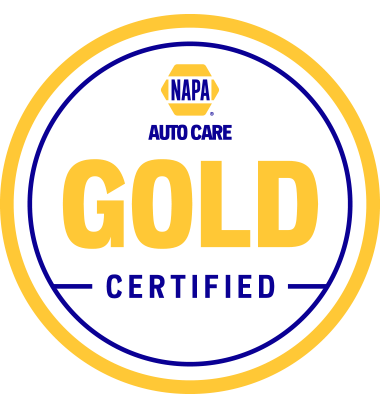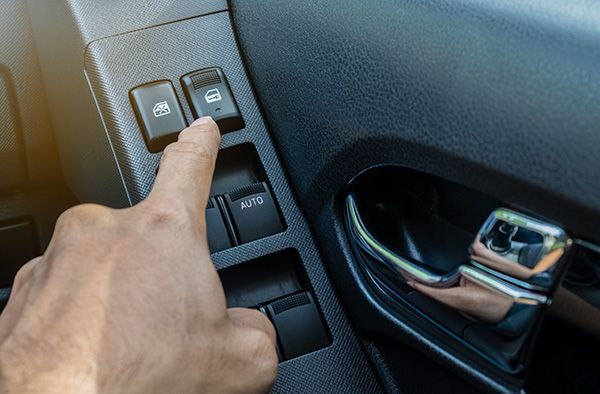Our Blog
Optimize your car's performance with expert wheel alignment and suspension services at Carmasters Automotive, Norfolk, VA. Schedule an online appointment now!
Expert A/C repair at Carmasters Automotive in Norfolk. Beat the heat with our top-rated service. Schedule an online appointment today!
Discover expert oil change services at Carmasters Automotive in Norfolk, VA. Enhance vehicle performance with our comprehensive maintenance. Visit us today!
Expert hybrid service & maintenance at Carmasters Automotive in Norfolk. Keep your hybrid running smoothly with our specialized care. Schedule an online appointment now!
Discover expert engine diagnostics at Carmasters Automotive in Norfolk, VA. Our comprehensive services ensure optimal vehicle performance. Visit us today!
Discover top-notch brake repair services at Carmasters Automotive in Norfolk, VA. Ensure safety and reliability—visit us today for expert care!








